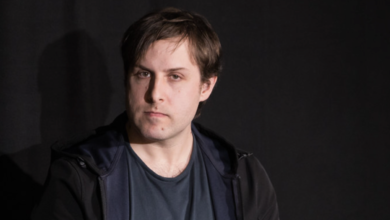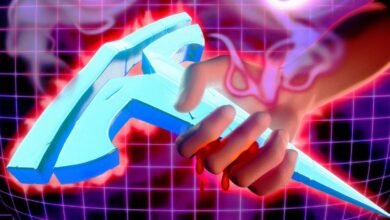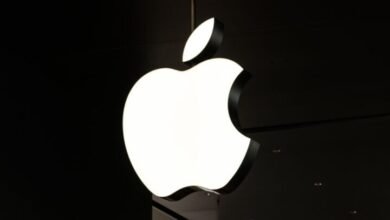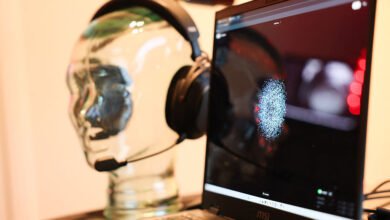Neuralink’s ‘Telepathy’ and ‘Telekinesis’ Trademarks Hit Legal Snag
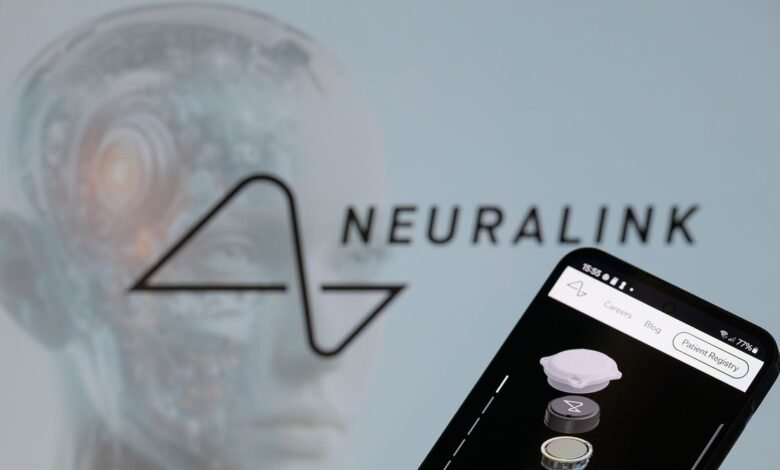
▼ Summary
– The US Patent and Trademark Office rejected Neuralink’s trademark applications for “Telepathy” and “Telekinesis” due to prior filings by Wesley Berry.
– Wesley Berry, a computer scientist, filed intent-to-use applications for these names in 2023 and 2024, describing them as EEG-based software for device control.
– Neuralink is developing a brain-computer interface called Telepathy to help paralyzed individuals operate devices with their thoughts, with nine volunteers currently implanted.
– Berry’s applications are not yet fully registered, as he must demonstrate commercial use within three years, or they will be abandoned, allowing Neuralink’s applications to proceed.
– If Berry successfully registers the trademarks, Neuralink may need to negotiate a purchase or consent agreement, or risk legal action for continued use.
Neuralink’s ambitious branding plans for its brain-computer interface technology have encountered a significant legal obstacle. The United States Patent and Trademark Office has officially rejected the company’s applications to trademark the names “Telepathy” and “Telekinesis.” This decision stems from earlier filings by Wesley Berry, a computer scientist and co-founder of Prophetic, who submitted applications for these exact terms in 2023 and 2024. Although Berry’s startup focuses on wearable devices for lucid dreaming, his trademark claims specifically cover software designed to interpret brain signals for device control, an area closely aligned with Neuralink’s own objectives.
In addition to Berry’s pending claims, the Trademark Office also cited an existing registration held by Telepathy Labs, a Florida-based firm specializing in voice and chatbot technology. Neuralink responded to this particular conflict in late August, arguing that its brain-implant product is distinct enough to avoid consumer confusion. However, the company did not address Berry’s earlier applications in its submission.
Neuralink has been actively using the name Telepathy since early 2024, when Elon Musk announced it as the title of the firm’s flagship product. Designed to help paralyzed individuals operate digital devices through thought alone, the system has already been implanted in nine human volunteers. Despite this real-world usage, trademark law prioritizes the first applicant to file, not the first to use a name commercially.
Both Berry and Neuralink submitted “intent-to-use” applications, a common strategy for reserving naming rights before market launch. Berry’s applications have already been accepted, giving him a three-year window to demonstrate commercial use. If he succeeds in fully registering the marks, Neuralink may need to negotiate a licensing agreement or purchase the trademarks directly. Failure to resolve the conflict could leave Neuralink vulnerable to legal action if it continues using the contested names.
Legal experts emphasize that trademark disputes often hinge on nuanced interpretations of consumer perception. According to intellectual property attorney Heather Antoine, the central question is whether an ordinary person would assume both products originate from the same company. While the final decision rests with the Trademark Office, Berry’s early filing dates currently give him the upper hand. As trademark attorney Josh Gerben noted, Berry could become a major complicating factor in Neuralink’s branding strategy.
(Source: Wired)


